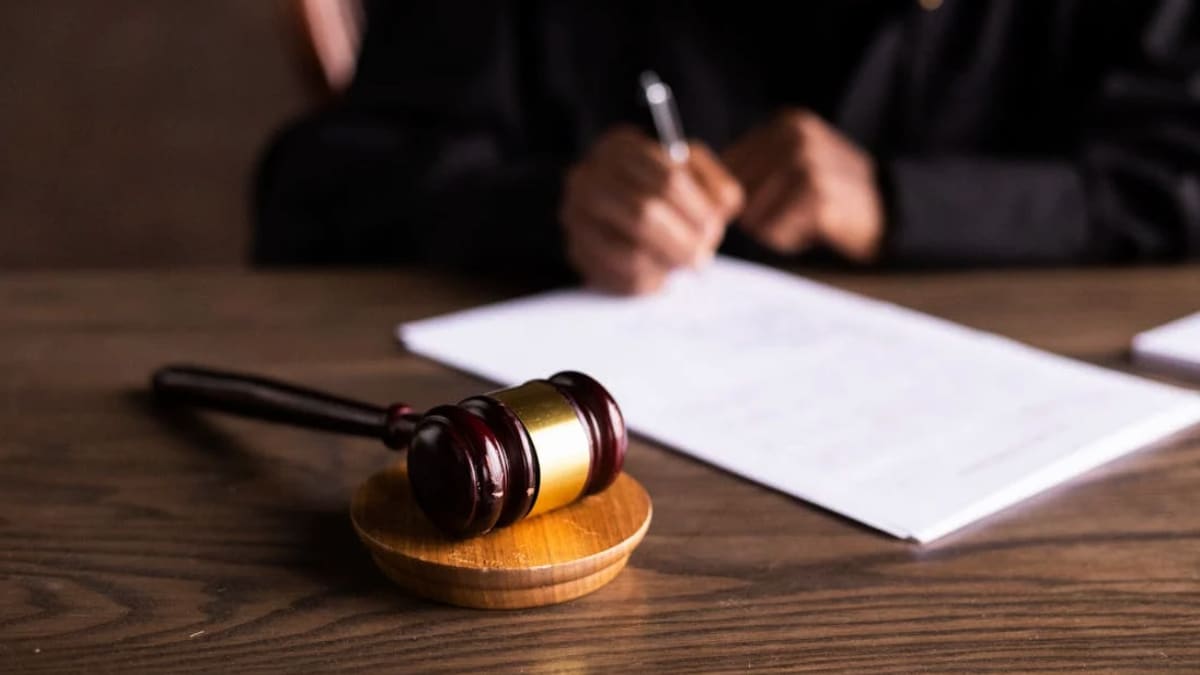With the rate of adoption of the digital assets sector on the rise in different parts of the world, more countries are stepping up their efforts to regulate the industry. Authorities from the US and the UK have decided to exchange human resources in order to collaborate on the drafting of crypto regulations. This initiative will see the New York Department of Financial Services (DFS) and the Bank of England (BOE) together. The two entities have agreed to exchange senior staff officials with a proficiency in managing sectors like digital assets and emerging payments.
The 'Transatlantic Regulatory Exchange (TRE)' initiative declared on January 13 by Adrienne A. Harris, the superintendent of the DFS. During the launch, Harris said this program allows the DFS and the BOE to share regulatory approaches and information required to chalk out the legal framework to govern digital assets like cryptocurrencies.
How the Transatlantic Regulatory Exchange Works
The purpose of the TRE is to connect New York and London on a collaboration to strengthen regulatory frameworks related to the crypto sector. The collaboration, according to Harris, will ensure that crucial financial services are no longer defined by geographical limitations.
Internal candidates at the DFS had a chance to become part of this programme. They had to show their expertise in the understanding of blockchain, digital payments, virtual currencies, and digital assets.
The first TRE secondment will commence in February and will span a minimum of six months. It can be extended up to a year if both, the DFS and the BOE agree. The appointed officials are expected to return to their respective countries with enhanced insights and knowledge around digital assets and Web3.
“By sharing our knowledge and learning from one another, we can better ensure that regulation supports global financial stability and safe innovation in payments and financial markets,” said Sarah Breeden, Deputy Governor for Financial Stability at the BOE while commenting on the initiative.
The final outcome of this initiative can be expected to be revealed between August 2025 and February 2026.
Where the UK and the US Stand on Digital Asset Regulations
Both the US and the UK do not currently have a comprehensive set of policies to oversee the digital assets sector. In the absence of clear rules, assets like Bitcoin can be misused by bad actors to facilitate illegal activities like money laundering and terror financing. In addition, the lack of regulations also put at risk small and big investors who are engaging with infamously volatile digital assets.
The UK made some progress in addressing specific parts of the digital assets industry under Rishi Sunak, who has served as UK's Finance Minister as well as its Prime Minister. From recognizing stablecoins as valid payment options to creating official NFTs, the UK has gained some experience working with digital assets.
On the other hand, the US has levied taxes over the digital assets sector while mandating compliance with anti-money laundering laws as part of ongoing regulatory efforts. US President-elect Donald Trump will be sworn in on January 20, and the US is expected to see quick developments around crypto regulations. During his election campaign, Trump said he would make Bitcoin a reserve asset.
The UK has remained slightly more conservative in crypto-related public marketing, whereas entities like the AMC cinema hall chain have actively prompted customers to experiment with crypto payments in the past.
According to reportsTrump is expected to issue executive orders related to the crypto sector on his first day back as US President, as the start of a new chapter for digital assets in the US. The UK, meanwhile, could finalize its crypto regulations by 2026.


